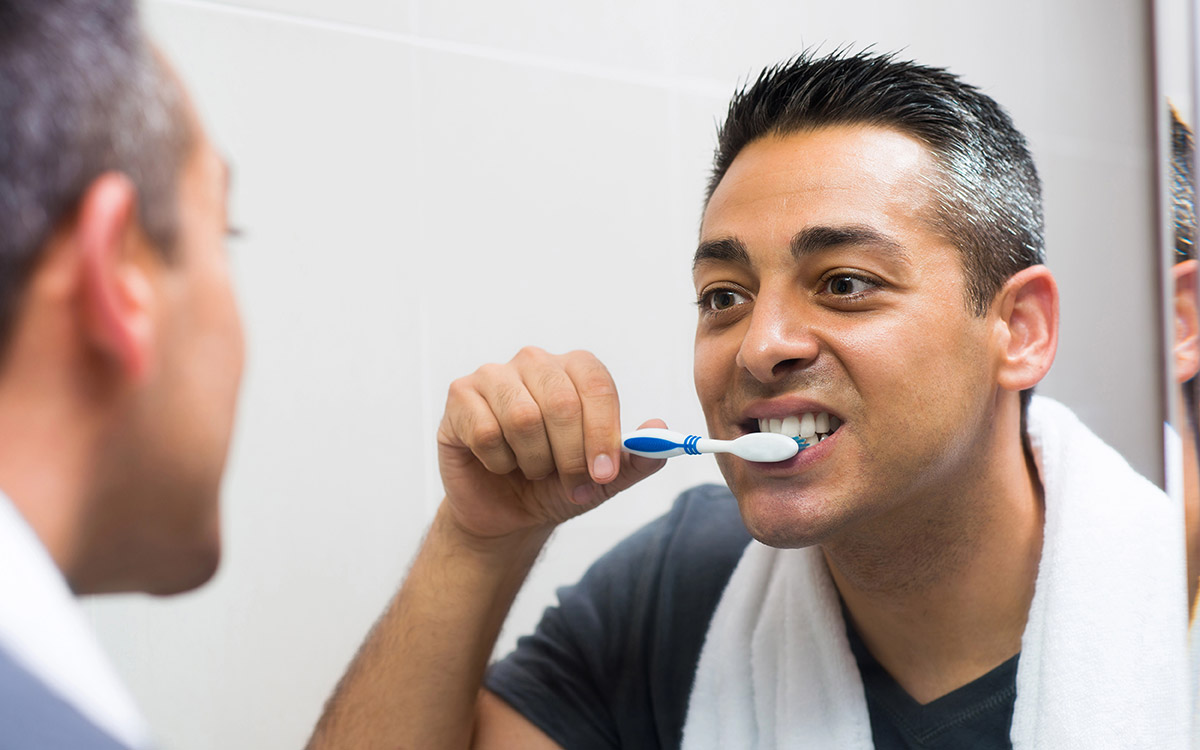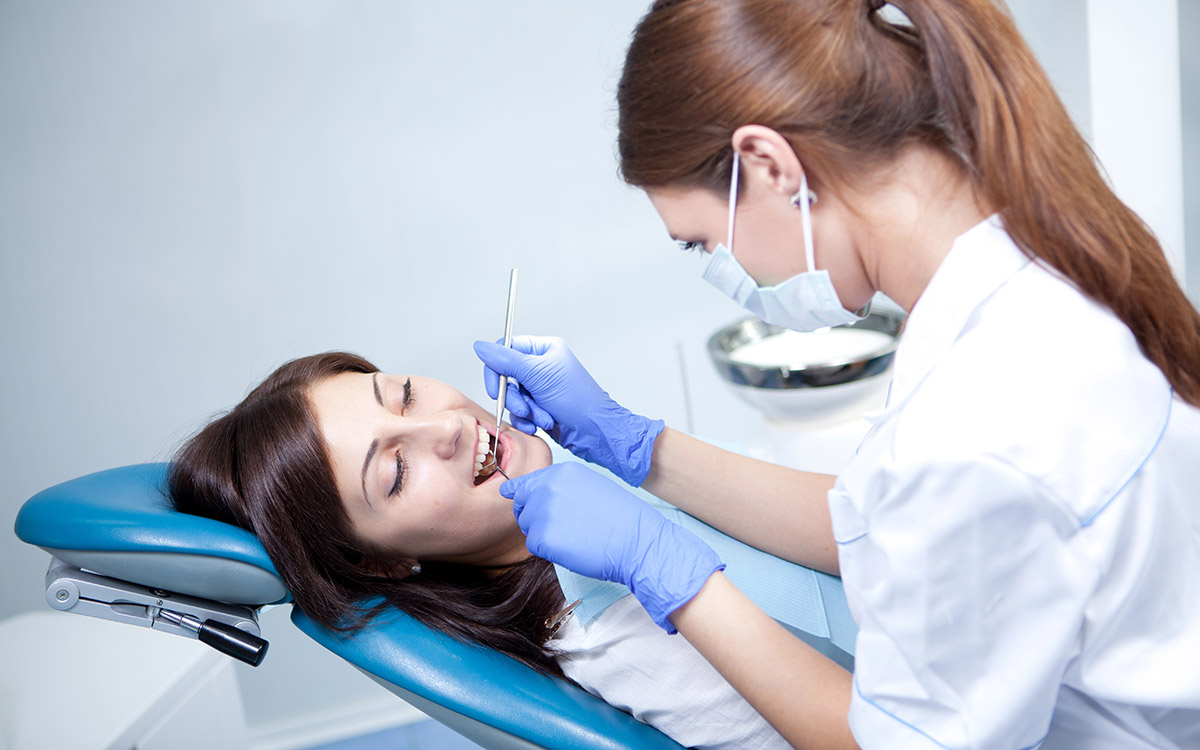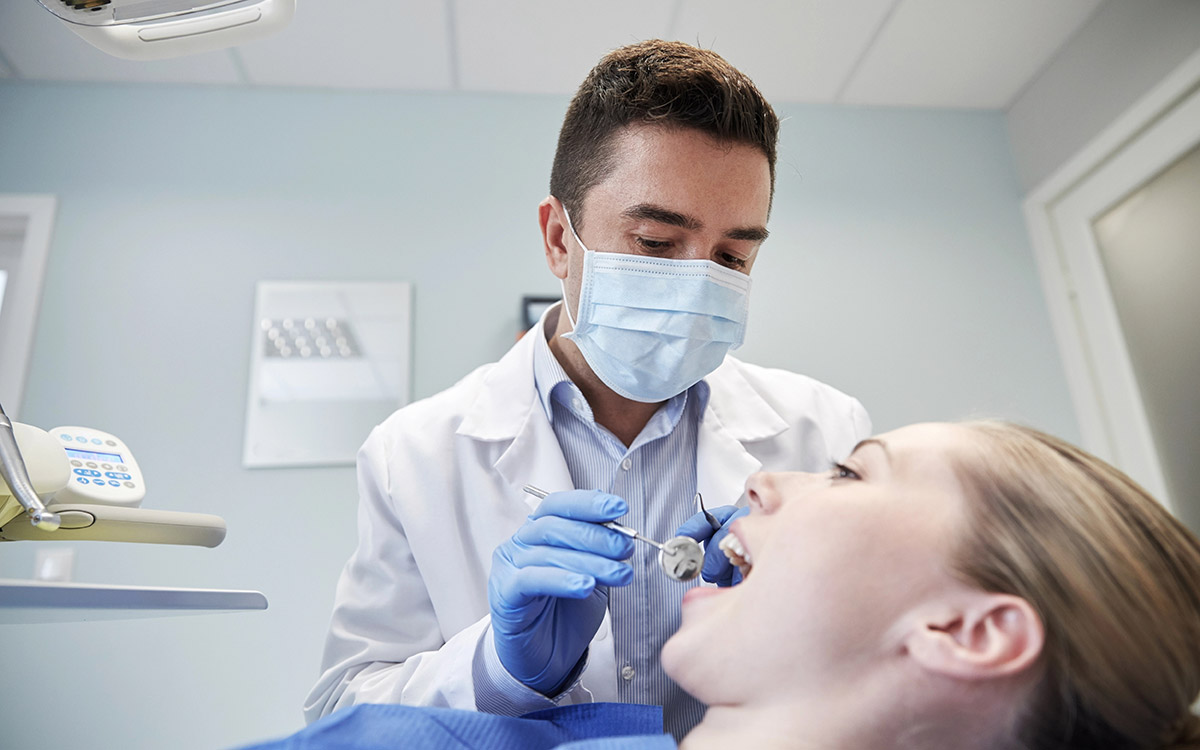Choosing the right toothbrush is a vital part of your oral hygiene routine. The right tool can make a big difference in your oral health, helping to remove plaque, prevent gum disease, and keep your smile bright. But with so many options on the market, how do you choose the best toothbrush for your needs? In this guide, we’ll explore the key factors to consider when selecting a toothbrush, so you can make an informed decision.
Understanding the Basics
Before diving into the specifics, it’s essential to understand the basic types of toothbrushes available and what distinguishes them from each other.
Manual vs. Electric Toothbrushes
Manual Toothbrushes are the traditional choice. They come in a variety of shapes, sizes, and bristle textures. They are inexpensive and easily accessible. However, they require proper technique to be effective.
Electric Toothbrushes use battery or rechargeable power to move the brush head in specific patterns. Many dentists recommend electric toothbrushes because they can provide a more consistent cleaning action, especially for those with limited manual dexterity or orthodontic appliances like braces.
Bristle Variety
Toothbrush bristles come in soft, medium, and hard varieties. Most dentists agree that a soft-bristled brush is best for removing plaque and debris without damaging the gums. Medium and hard bristles can be too abrasive and might damage gums and enamel.
Head Size
The toothbrush head should be small enough to easily access all areas of your mouth, including hard-to-reach places like the backs of your molars. For most adults, a half-inch wide and one-inch tall head is sufficient.
Considerations for Specific Needs
When choosing a toothbrush, consider any specific dental issues you may have, such as sensitivity, braces, or a tendency for cavities.
For Sensitive Teeth
If you have sensitive teeth, look for toothbrushes labeled as sensitive. These usually have extra-soft bristles and are designed to be gentle on the teeth and gums while still providing effective cleaning.
For Orthodontic Care
If you wear braces or other orthodontic appliances, consider orthodontic toothbrushes or electric toothbrushes with ortho heads designed to clean around wires and brackets effectively.
For Kids
Children’s toothbrushes should have small heads and soft bristles. Many also come with fun designs or characters to encourage children to brush regularly.
Maintaining Your Toothbrush
Choosing the right toothbrush also involves knowing how to care for it to ensure it remains effective.
Cleaning and Storage
Rinse your toothbrush thoroughly after each use and store it upright to air dry. Avoid using toothbrush covers, which can create a moist enclosed space and promote the growth of bacteria.
Replacement Schedule
Replace your toothbrush every three to four months, or sooner if the bristles become frayed. A worn toothbrush won’t do a good job of cleaning your teeth.
Frequently Asked Questions
How often should I replace my toothbrush?
Replace your toothbrush every three to four months, or sooner if the bristles are visibly matted or frayed.
Are electric toothbrushes better than manual toothbrushes?
Many dentists recommend electric toothbrushes because they can be more effective at removing plaque, especially for people with limited dexterity.
Can using the wrong toothbrush damage my gums?
Yes, using a toothbrush with hard bristles or brushing too aggressively can damage your gums and enamel.
How do I know if a toothbrush is right for me?
The best toothbrush for you should comfortably fit in your mouth and allow you to reach all areas easily. Unless specifically stated otherwise by your dentist, it should have soft bristles.
Conclusion
Choosing the right toothbrush is more important than many might think, playing an integral role in your daily oral hygiene. By considering the type, bristle strength, size, and your specific needs, you can select a toothbrush that not only cleans effectively but also protects your oral health. Remember to replace your toothbrush regularly and consult with your dentist if you have any concerns about which type might be best for you.
Explore more articles on oral health on our blog, and if you have any questions or need personalized advice, don’t hesitate to Book an Appointment today!







